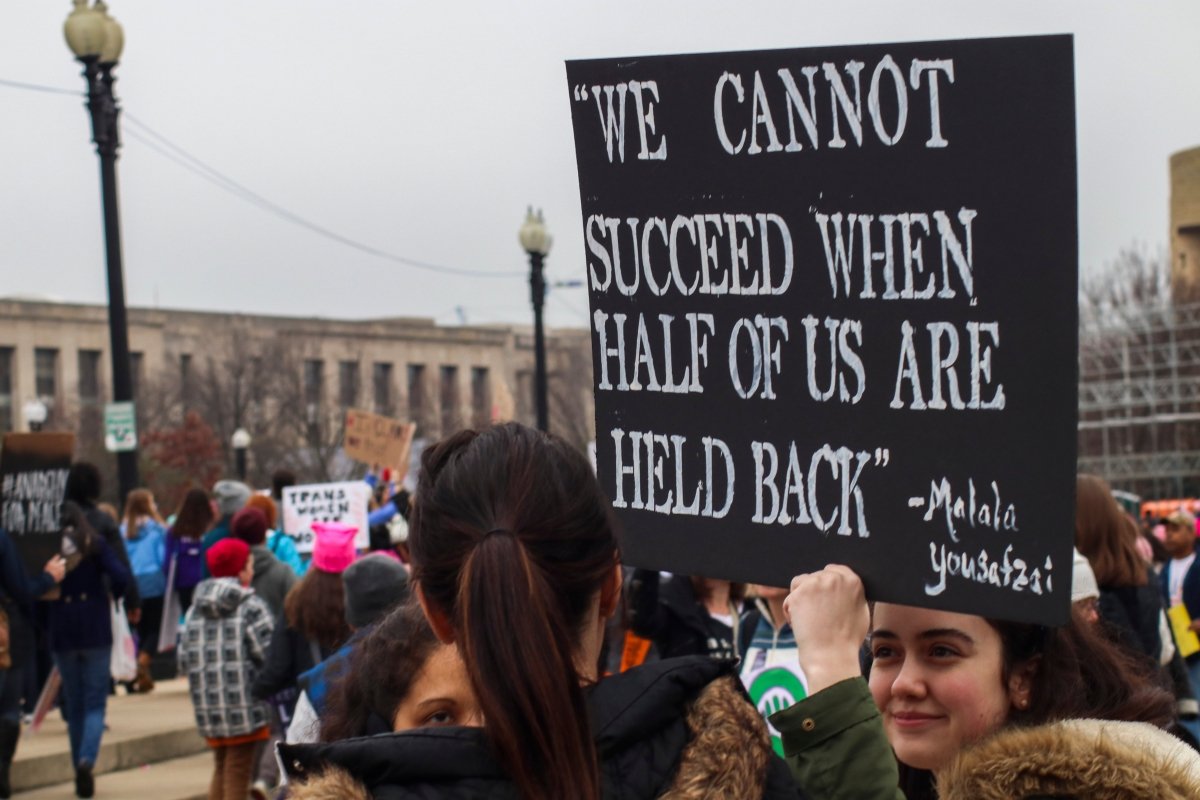Culture of Himpathy
Trump’s election has not only triggered political turmoil but a battle of the sexes as well.
Kate Manne argues that contempt for women is not a bug but a feature of Donald Trump’s politics. She says this helps explain why “masculine” issues — like the military, gun rights, law enforcement and border security — have drowned out health care, education, climate change and food protection. Manne, a philosopher at Cornell, also tells Will and Siva how such misogyny is refracted in the “himpathy” afforded to male perpetrators of sexual violence, and internalized not only by men but many women, too.





